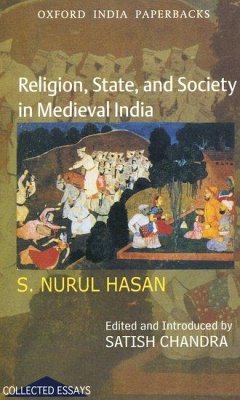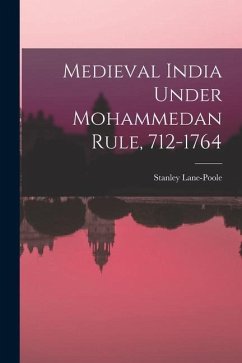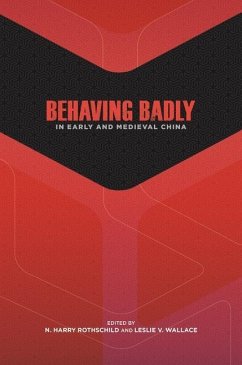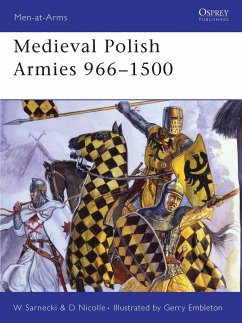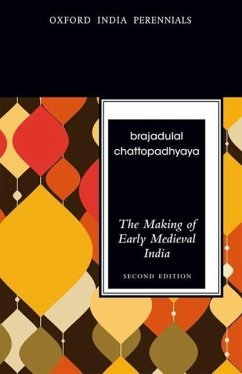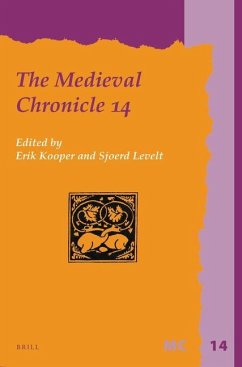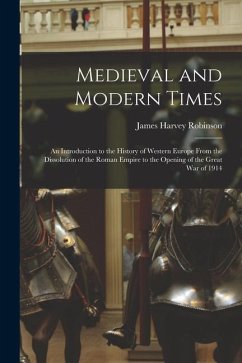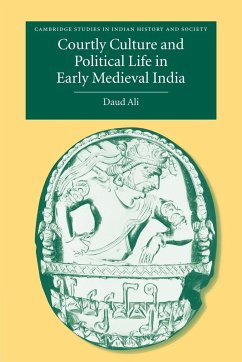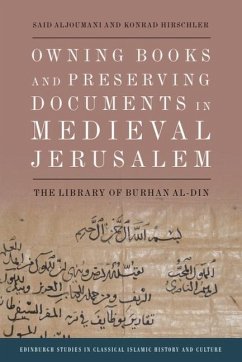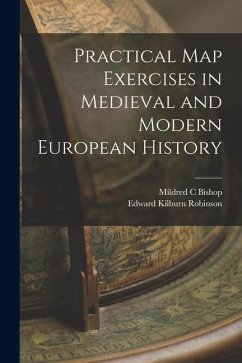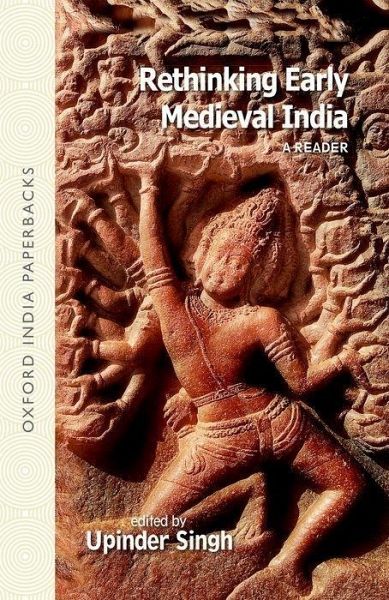
Rethinking Early Medieval India
A Reader
Herausgeber: Singh, Upinder
Versandkostenfrei!
Versandfertig in über 4 Wochen
28,99 €
inkl. MwSt.

PAYBACK Punkte
14 °P sammeln!
This book changes the way we look at the history of early medieval India (c. 600-1300 CE). Deftly tackling issues of periodization and continuities, it highlights the complex and multilinear nature of historical processes. From feudalism and state formation and economic and social structures in villages and cities to explorations in religion, art, and intellectual history of the period, this book sheds light on the economic, political and cultural history of the pre-Sultanate and non-Sultanate early medieval India.



